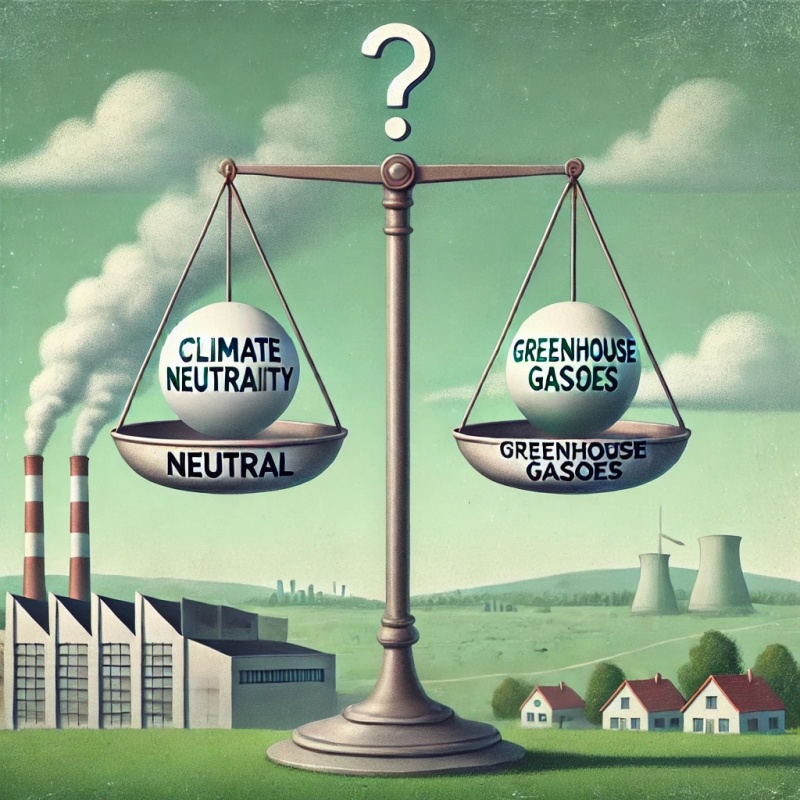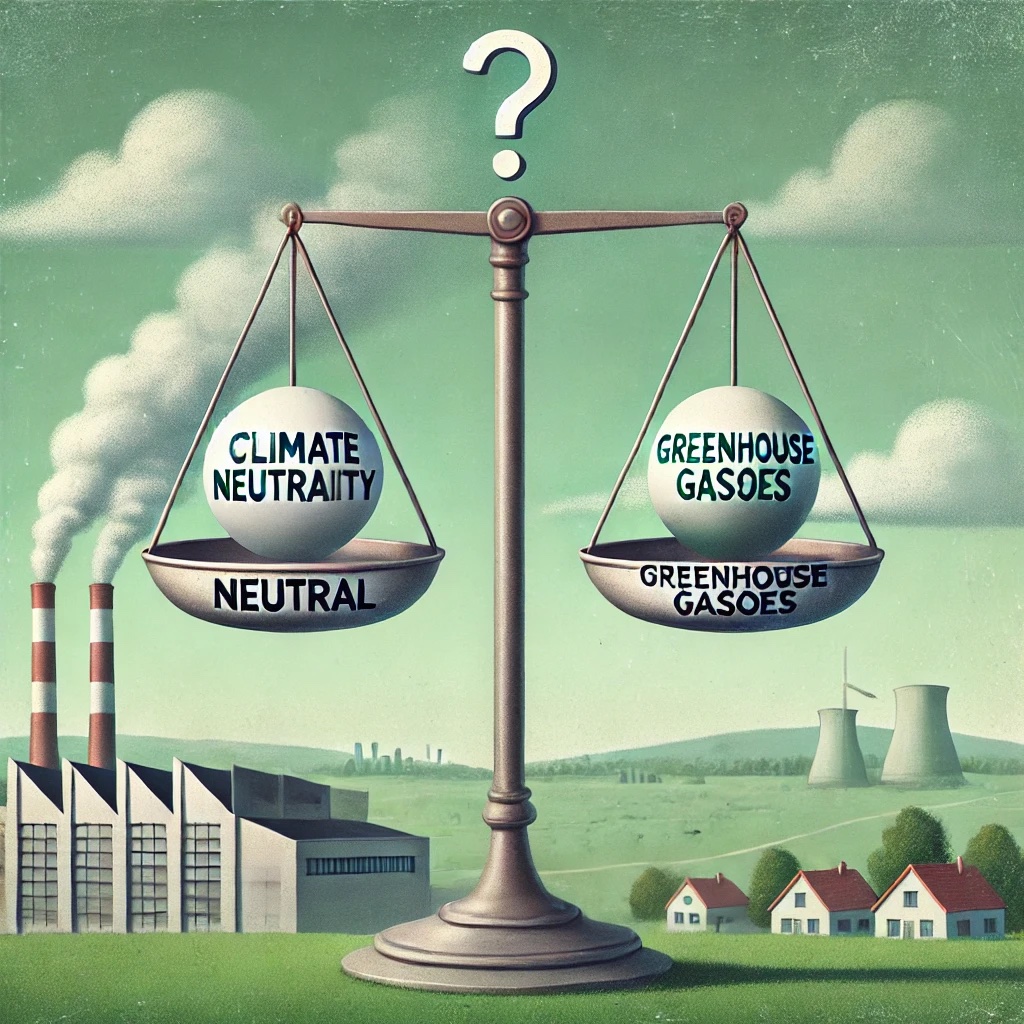
Author:
KOLONKO RECHTSANWÄLTE
Published: 15.09.2024
German Federal Court prohibits advertising with the term “climate neutral”
Companies often use environmental terms to advertise their products or services. After the Central Office for the Prevention of Unfair Competition (“Wettbewerbszentrale”) brought several test cases against various companies in 2021, the Federal Court of Justice has now dealt with the admissibility of advertising with the term “climate neutral” for the first time and ruled: Anyone who advertises with an ambiguous term such as “climate neutral” must already explain in the advertising what is meant by it.
What happened?
The German liquorice and fruit gum manufacturer Katjes had advertised in a specialist food magazine that the company had been producing all its products in a climate-neutral way since 2021. The company supported this by means of a logo with the term “climate neutral” and a link (using a QR code) to its website. In reality, however, the production of Katjes sweets is not emission-free. The company merely supports climate protection projects and thus offsets emissions. The Frankfurt Wettbewerbszentrale found this to be misleading advertising. Such a statement would deprive the consumer of important information about the way in which climate neutrality is achieved.
How did the Federal Court rule?
The action brought by the Frankfurt Wettbewerbszentrale was initially unsuccessful before the Kleve Regional Court and the Düsseldorf Higher Regional Court. The consumer was aware that climate neutrality is also possible by offsetting the CO2 balance. Furthermore, it is reasonable for the consumer to visit the linked website, which provides sufficient information on how the climate neutrality of the products is achieved.
Following an appeal by the Wettbewerbszentrale, the German Federal Court however ruled that the advertising was misleading and ordered Katjes to cease and desist. The ambiguity of the term “climate neutral” lies in the fact that the readers of the trade journal can understand the term “climate neutrality” as both CO2 reduction and CO2 compensation. The decisive factor for the court was that the reduction of emissions was not equivalent to offsetting, but that the reduction had priority from the point of view of climate protection.
A misunderstanding of the concept of climate neutrality in the specific case was not far-fetched, as the company had expressly used it to advertise the production of its sweets. In order to avoid misleading information, a clear and unambiguous explanation of the environmental term must be provided in the advertising itself. This is the only way to meet the strict requirements applicable to environmental advertising.
Our conclusion:
Strict standards continue to apply to environmental claims in advertising. Due to the high risk of being misleading, there is an increased need for clarification in the case of environmental advertising. In the case of terms that are open to interpretation, such as “climate-neutral”, clarification must therefore already be provided in the advertising itself. According to the Federal Court, a mere reference to a website with further information is not sufficient. This makes it more difficult for companies to use green claims such as “climate-neutral”, “CO2-neutral”, “climate-fair” or “environmentally friendly” without being misleading. Particularly with regard to the future Green Claims Directive, companies should ensure that they can communicate the way in which climate neutrality is achieved in a legally compliant manner.
